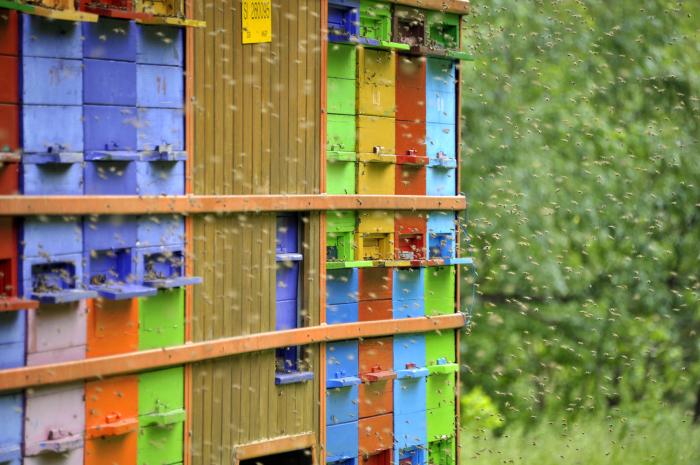
Jager as born in 1869 in the sleepy town of Vrhnika, not far from Ljubljana. The family wasn’t well-off; his father was a railroad watchman and the young Jager was one of eight children in the family. But unlike many other children from the countryside, Jager was able to attend high school in Ljubljana.
However, his experience was an unhappy one. Ljubljana’s schools were German-dominated at the time, while Jager was a proud Slovenian who refused to give up his national identity – or his principles. After a conflict with one of his teachers, he was expelled from school. His future suddenly seemed in jeopardy.
With his doors shut in Slovenia, Jager decided to take advantage of an opportunity that suddenly opened up – to become a missionary in the United States. He sailed to the New World, and after spending some time in New York, he moved to Minnesota. There, Francis Jager, as he was now known, completed his studies of theology and became a priest in the town of St. Bonifacius. He built a new church, a structure designed by his brother, an architect who had also immigrated to the United States. Over the years, the two brothers would build a number of churches throughout the Upper Midwest.
But like many Slovenians, Jager remained committed to a passion from his youth – the love of bees. Much to his dismay, he realized that many Minnesotans were afraid of bees. Because he was determined to popularize beekeeping in his adopted homeland, he became a strong public advocate of bees and honey. In 1913, the University of Minnesota named Jager its first professor of beekeeping, and he became a consultant for the U.S. Department of Agriculture.
After World War I, which he served on the Salonika Front, Jager established a major beekeeping operation. He kept about 500 colonies of bees and sent his queen bees throughout Minnesota, and when the new medium of radio began to take the country by storm, he broadcast lectures about bees to farmers across the Midwest. His honey house was described as one of the finest in the country.
The man who shared his typically Slovenian love of beekeeping with his adopted homeland died in 1941. His sizeable library of book about beekeeping is now held by the University of Minnesota and is still an important resource for new generations of apiculturists.


































































